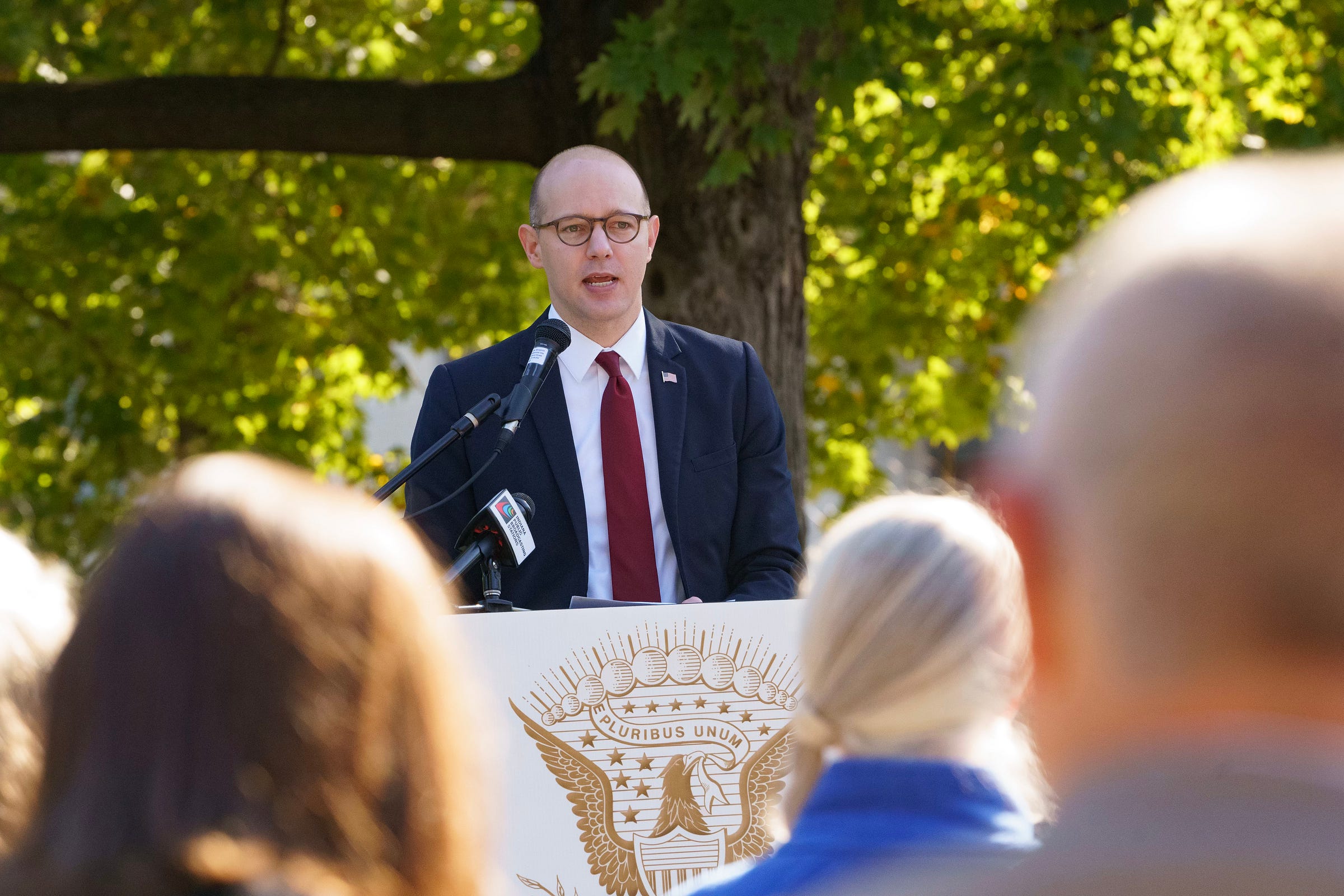The race to April 20th is on
Fort Wayne’s next mayor will be selected in less than three weeks

The news last week was jarring: Fort Wayne Mayor Tom Henry was in hospice care. Just hours later, the city’s director of public information John Perlich shared a statement from his family stating that he had died.
The jockeying to replace him had already begun, of course. The starter pistol on that race was fired February 27th, the day he revealed his cancer diagnosis in a brief statement he read before the media at Citizens Square.
The Allen County Democratic Party was required to call a caucus within 30 days to replace the late mayor. Today we learned that will happen on Saturday, April 20th. The party also announced a town hall with the declared candidates two days prior, on the 18th.
That means we will have a new mayor in less than three weeks, selected by just 100 individuals: the Democrats who have been elected or selected to serve as chairs of the precincts within Fort Wayne city limits.
Their decision will be the most significant one made in Fort Wayne since Tom Henry was first elected mayor.
It deserves significant coverage.
Our city is lucky to have a daily newspaper, three television stations, and several radio stations that work incredibly hard to report our news. They will do their best to cover the very short campaign to replace Tom Henry, but the economic realities of local journalism limit the resources they can dedicate to that task.
There is room for another outlet, and I think I’m well-positioned to fill it.
Thus, the creation of Fort Wayne Politics.
Since my run for Congress as an independent in 2022, I’ve stayed involved in politics and government. During that time, I’ve met and spoken with every single mayoral caucus candidate – announced and unannounced.

I also have a background in journalism.
Nearly 20 years ago, I started what was then called a blog to cover news and events in Fort Wayne. It was named Fort Wayne Observed, and in 2007, my interview with then GOP mayoral candidate Matt Kelty played a role in Kelty’s eventual indictment on nine criminal charges, including perjury and campaign finance violations, that he allegedly committed during the campaign.
Most political observers expected the Republican nominee to win the mayor’s race that year, so much so that the Allen County Democratic Party had trouble recruiting a candidate. If not for Kelty’s bad behavior, their eventual nominee – who turned them down multiple times before finally agreeing to run – would’ve likely been just a footnote in city history, joining the likes of losing candidates like Charlie Belch, Tom Essex, and Linda Buskirk.
Instead, he won in a 60% to 40% landslide.
His name?
Tom Henry.


